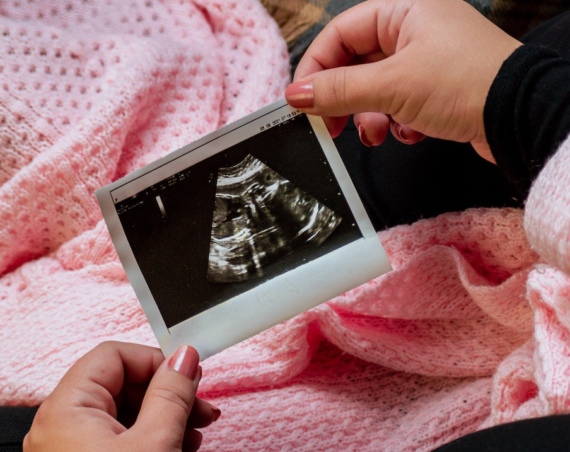
Persperity Health, a Caltech spin-out, has secured $1 million in pre-seed funding to develop sweat-sensing technology for non-invasive hormone monitoring. The round was led by Freeflow Ventures, with participation from Caltech, Wilson Hill Ventures, Heritage Group, and ATMA Capital.
The company’s technology, exclusively licensed from Caltech and developed by Dr. Wei Gao and Dr. Cui Ye, enables real-time hormone monitoring through sweat analysis. The platform measures crucial hormones including estradiol, progesterone, and luteinizing hormone (LH) using iontophoresis to induce sweat on demand.
“If you look at what’s commercially available, devices can track heartbeat and steps, but they aren’t capable of studying your health at a molecular level,” said Dr. Wei Gao, co-founder and inventor of the core technology at Persperity Health. “By analyzing sweat, our device provides detailed information about what’s happening inside your body. Once you realize the potential of sweat for health monitoring, it’s hard to go back to conventional methods.”
The company has also secured involvement in a $3 million ARPA-H Spark Award project, led by Dr. Wei Gao at Caltech. Selected from over 1,700 global applicants, the project aims to develop a wearable sweat-sensing system for chronic pain assessment.
Dr. Pauline M. Maki, a co-investigator on the grant, emphasized: “This innovative technology has the potential to transform women’s health research by enabling, for the first time, the non-invasive collection of biological markers in sweat, including estrogen—a crucial factor in numerous health conditions that disproportionately affect women, such as migraine.”
“We’re not just creating another wearable device; we’re unlocking a new dimension of personalized health monitoring. By making the invisible visible, we’re empowering women to understand their bodies like never before. This is more than a technological advancement—it’s a revolution in women’s health,” said Dr. Heather Lukas, co-founder and Chief Scientific Officer at Persperity Health.
The funding will support product development, strategic partnerships, and regulatory approval processes. The company plans to expand its platform to analyze additional biomarkers, with potential applications in mental health, stress management, and early detection of other women’s health issues.



